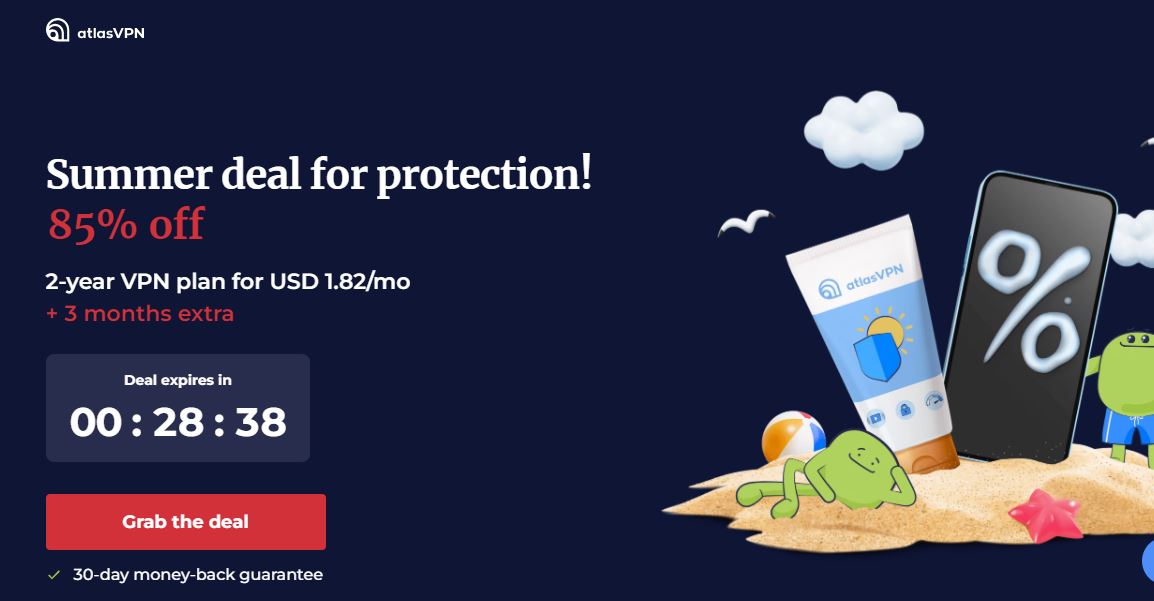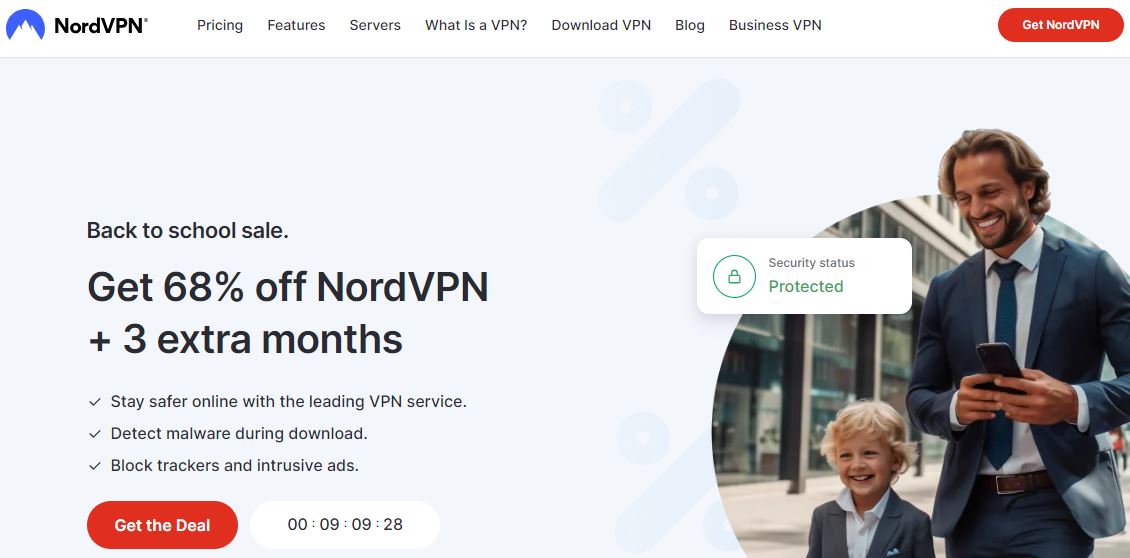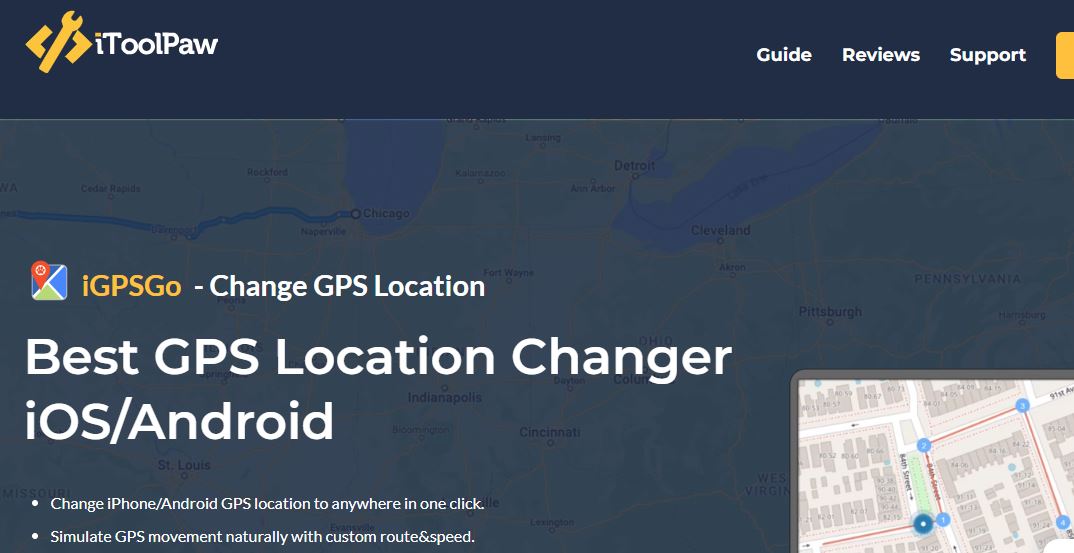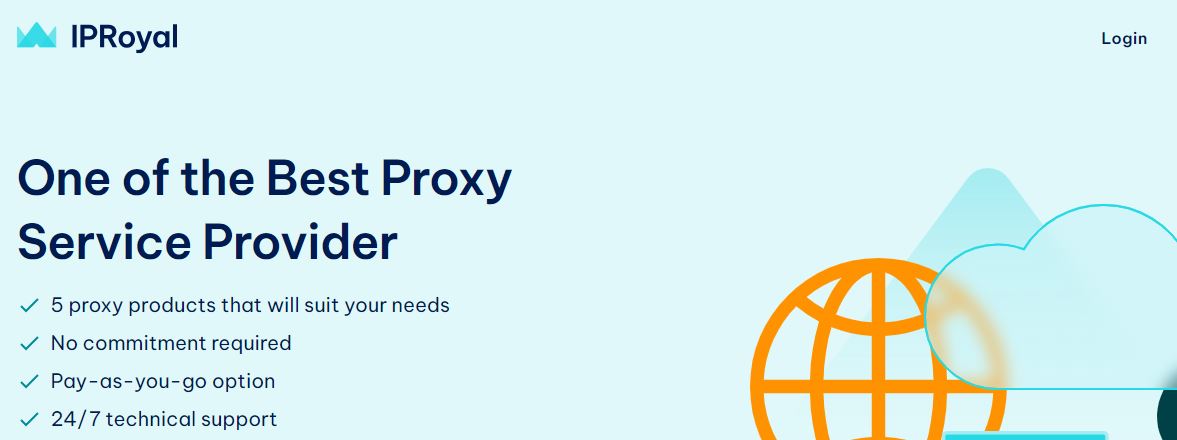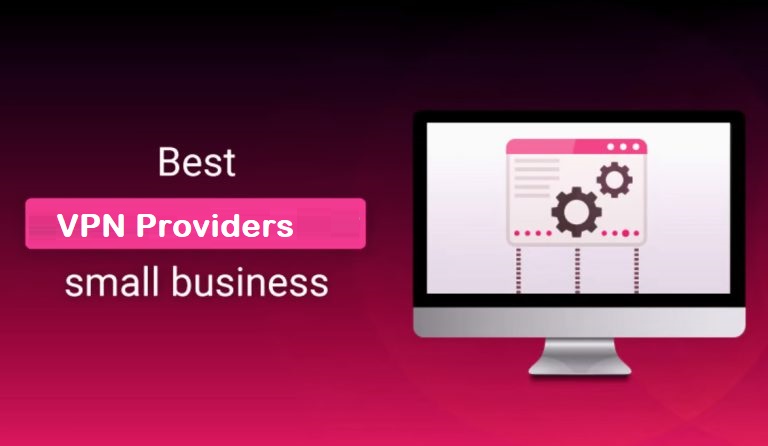
Top 5 Best VPN Providers In USA
- Post author riazqadeer90
- Post date August 19, 2023
A Virtual Private Network (VPN) is a technology that allows you to create a secure and encrypted connection between your device (such as a computer, smartphone, or tablet) and a remote server operated by a VPN service provider. This connection effectively routes your internet traffic through this server before it reaches its final destination on the internet. we can provide you with a list of some reputable VPN providers that were known to be popular and reliable in the USA at that time. However, please note that the VPN landscape can change, so I recommend checking for the most up-to-date information and reviews before making a decision. Here are some VPN providers that were well-regarded.
Remember that the “best” VPN provider can vary depending on your specific needs and priorities. Factors to consider include server locations, speed, security features, ease of use, customer support, and price. Always check recent reviews and comparisons to ensure you’re selecting a VPN provider that suits your current requirements.
When choosing a VPN service, it’s essential to research and select a reputable provider that offers strong encryption, a clear privacy policy, a wide range of server locations, and good customer support.
Table of Contents
List of Best VPN Providers in USA
It’s important to note that while a VPN provides increased privacy and security, it doesn’t make you completely anonymous or immune to all online threats. The level of security and privacy offered by a VPN depends on the service provider and the protocols they use. Additionally, the speed of your internet connection might be affected since your data needs to travel through the VPN server before reaching its destination.
- Price as low as $1 month
- Unlimited devices
- MultiHop servers
- 10Gbps servers
- 24/7 hours support
- Price as low as $1 month
- Unlimited Devices
- Stay safe with NordVPN
- Double VPN
- 24/7 hours support
- Price as low as $1 month
- GPS Location Changer
- Compatible with All iOS
- Fast & Secure VPN
- 24/7 hours support
- Price as low as $1 month
- No commitment required
- Pay-as-you-go option
- 190+ proxy locations
- 24/7 hours support
VPN performance can vary based on factors such as server locations, encryption protocols, and your own internet connection, so it’s a good idea to take advantage of free trials or money-back guarantees to test different VPNs and find the one that suits you best.
Here are some best VPN providers in USA.
1- Atlas VPN
Atlas VPN is a relatively new VPN service that aims to provide online privacy and security to its users. However, I might not have the most up-to-date information about Atlas VPN’s features and reputation since my training only includes data up until that point.
When considering any VPN provider, including Atlas VPN, I recommend looking for recent reviews, user feedback, and expert assessments to gauge its performance, security features, server network, privacy policies, and overall reliability. This will help you make an informed decision about whether Atlas VPN or any other VPN provider is the right fit for your needs.
Make sure to consider factors such as:
Server Locations: Check if Atlas VPN has servers in the locations that matter to you, especially if you’re looking to access content from specific regions.
Security and Privacy: Look into the encryption protocols and privacy features that Atlas VPN offers. Make sure they have a clear privacy policy and a commitment to not logging user data.
Speed and Performance: A VPN’s impact on your internet speed can vary. Check for speed tests and user reviews to see how Atlas VPN performs in terms of connection speed.
User-Friendly Interface: A user-friendly interface can make it easier to set up and use the VPN effectively.
Customer Support: Good customer support can be important if you run into any issues while using the VPN.
Price and Plans: Compare the pricing and subscription plans of Atlas VPN with other VPN providers to ensure you’re getting a reasonable value for the features offered.
Compatibility: Ensure that Atlas VPN supports the devices and operating systems you intend to use it on.
2- NORD VPN
NordVPN is a well-known and reputable VPN service provider. However, I don’t have the most current information beyond that date. Here’s a summary of what NordVPN offered as of my last update:
NordVPN Features:
Large Server Network: NordVPN had a vast network of servers located in various countries around the world. This allowed users to choose from a wide range of server locations for their browsing needs.
Strong Security Features: NordVPN was known for its robust security features, including AES-256 bit encryption, support for various VPN protocols (such as OpenVPN and IKEv2), and a kill switch that would disconnect your internet if the VPN connection dropped to prevent any data leakage.
Privacy-Focused: NordVPN claimed to have a strict no-logs policy, meaning they didn’t keep records of their users’ online activities. This added an extra layer of privacy for users.
Double VPN and Onion Over VPN: NordVPN offered features like Double VPN, which routed your connection through two VPN servers for enhanced security, and Onion Over VPN, which combined the VPN with the Tor network for additional privacy.
User-Friendly Interface: NordVPN’s user interface was designed to be user-friendly and intuitive, making it accessible to both beginners and experienced users.
Ad Blocking and Malware Protection: Some NordVPN plans included CyberSec, a feature that helped block ads, trackers, and malware domains while you browse the internet.
Streaming and Torrenting: NordVPN was often recommended for streaming and torrenting, as it provided specialized servers optimized for these activities.
Device Compatibility: NordVPN was compatible with various devices and platforms, including Windows, macOS, iOS, Android, and more.
Customer Support: NordVPN offered customer support through various channels, including live chat and email.
Pricing: NordVPN offered different subscription plans with various pricing tiers. They also had a 30-day money-back guarantee.
Please note that the VPN landscape can change over time, and I recommend checking the NordVPN website or recent reviews to get the most up-to-date information on their services, features, and reputation. Always make sure to research thoroughly before choosing a VPN provider to ensure it meets your specific needs and requirements.
3 - Itool Paw iGPSGo
there were several GPS location changer apps and tools available. These tools allow users to modify their GPS location on their devices for various purposes, such as privacy, testing, and accessing location-specific content. Keep in mind that while these tools can be useful, they may also have ethical and legal implications depending on how they are used. Always ensure that you are using such tools responsibly and in compliance with relevant laws and terms of service.
Virtual Private Networks (VPNs) offer a range of features designed to enhance online security, privacy, and functionality. While the specific features can vary from one VPN provider to another, here are some common VPN features you might encounter:
Encryption: VPNs use encryption to scramble your internet traffic, making it unreadable to potential eavesdroppers, including hackers and your internet service provider.
Anonymity: By masking your IP address and routing your traffic through a VPN server, you can browse the internet more anonymously, reducing the ability of websites and advertisers to track your online activities.
Server Locations: VPN providers operate servers in various locations around the world. Users can connect to these servers to access content and services that might be restricted in their geographical region.
Server Switching: Most VPNs allow you to switch between different server locations, which can be useful for accessing region-specific content or improving connection speeds.
Bypassing Restrictions: VPNs can help you bypass geographical restrictions and censorship imposed by governments or organizations. This can be particularly useful for accessing websites and services that are blocked in certain regions.
Kill Switch: A kill switch is a safety feature that disconnects your internet if your VPN connection drops, preventing your real IP address from being exposed.
Split Tunneling: This feature allows you to route only specific traffic through the VPN while letting the rest of your traffic access the internet directly. This can be useful for scenarios where you want to maintain local access while using the VPN for specific tasks.
Multi-Device Support: Many VPN providers allow you to use a single subscription on multiple devices simultaneously, including computers, smartphones, tablets, and routers.
Security Protocols: Different VPN protocols provide varying levels of security and speed. Common protocols include OpenVPN, IKEv2, L2TP/IPsec
4- IPRoyal VPN
Virtual Private Networks (VPNs) offer a range of benefits that contribute to enhancing online privacy, security, and functionality. Here are some key benefits of using a VPN:
Enhanced Privacy: A VPN encrypts your internet connection, making it difficult for third parties such as hackers, ISPs, or government agencies to monitor your online activities and access your personal data.
Secure Data Transmission: VPNs use encryption to protect the data you send and receive online, which is crucial when using public Wi-Fi networks or any potentially unsecured connection.
Anonymous Browsing: By masking your IP address and routing your traffic through a VPN server, you can browse the internet more anonymously, reducing the ability of websites and advertisers to track your online activities.
Access Geo-Restricted Content: VPNs allow you to connect to servers in different countries, enabling you to access region-restricted content and websites. This is particularly useful for streaming services, accessing websites in censorship-heavy regions, or bypassing location-based restrictions.
Bypass Censorship: In countries where certain websites or online services are blocked, a VPN can help you bypass censorship by connecting to a server in a different location where the content is accessible.
Remote Access: Businesses often use VPNs to provide secure remote access to their employees, allowing them to connect to the company’s network from outside locations.
Secure Online Transactions: When you’re making online transactions or accessing sensitive information, a VPN adds an extra layer of security, reducing the risk of your data being intercepted.
Protection on Public Wi-Fi: Public Wi-Fi networks are often unsecured, making them vulnerable to hacking attempts. A VPN encrypts your data, protecting you from potential attacks on these networks.
Reduced Online Tracking: Advertisers and websites use your IP address and online behavior to track you. A VPN can help minimize online tracking by masking your IP address.
Prevent Bandwidth Throttling: Some ISPs throttle or slow down your internet connection when you’re engaging in data-intensive activities like streaming or torrenting. A VPN can help prevent this by masking your activities from your ISP.
Secure File Sharing: If you’re sharing files with others, a VPN can provide an added layer of security, preventing unauthorized access to the files you’re sending.
Protection from Malicious Activities: VPNs can help protect you from malware, phishing, and other malicious activities by routing your traffic through their secure servers.
It’s important to note that while VPNs offer these benefits, not all VPN providers are equal in terms of security, privacy practices, and overall reliability. When choosing a VPN, research and select a reputable provider that offers strong encryption, clear privacy policies, and a good track record of user satisfactions.
.
VPN Pros And Cons
Certainly, here are some pros and cons of using a Virtual Private Network (VPN):
Pros:
Enhanced Privacy and Security: VPNs encrypt your internet traffic, making it difficult for hackers, ISPs, or government agencies to intercept and read your data.
Anonymity: VPNs mask your IP address, making your online activities more difficult to trace back to you.
Access to Restricted Content: VPNs allow you to access region-locked content, such as streaming services or websites that might be blocked in your location.
Bypass Censorship: In countries with strict internet censorship, a VPN can help you access blocked websites and services.
Secure Public Wi-Fi: When using public Wi-Fi networks, a VPN adds a layer of security by encrypting your data, protecting you from potential threats.
Remote Access: Businesses use VPNs to provide secure remote access to their networks for employees working from various locations.
Reduced Tracking: VPNs help reduce online tracking by preventing websites and advertisers from easily identifying you based on your IP address and online behavior.
Safe Online Transactions: VPNs can protect your financial information when making online transactions, shielding it from potential attackers.
Cons:
Reduced Speed: Using a VPN can sometimes result in slower internet speeds due to the encryption and routing of your data through a remote server.
Cost: Good VPN services often come with a subscription fee, although there are free options available. Paid VPNs generally offer better security and performance.
Trust in the Provider: When using a VPN, you’re trusting the VPN provider with your data. It’s important to choose a reputable provider with a strong commitment to privacy.
Blocked Services: Some online services may block or restrict access for users using VPNs, especially if those services detect multiple users coming from the same IP address.
Legal and Ethical Concerns: Using a VPN to access content that is not legally available in your region or to engage in illegal activities can raise legal and ethical issues.
Device Compatibility: While most VPNs support major platforms, some devices or apps might not work well with certain VPN protocols.
Potential VPN Logs: Not all VPNs adhere to a strict no-logs policy, meaning they might keep records of your online activities. It’s important to choose a VPN with a strong privacy policy.
Technical Complexity: Setting up and using a VPN might require a certain level of technical knowledge, especially when dealing with advanced settings.
When considering a VPN, weigh these pros and cons against your needs and priorities. Carefully research and choose a reputable VPN provider that aligns with your specific requirements for security, privacy, and functionality.
Conclusion:
Determining the “best” VPN can vary based on your individual needs and priorities. Different VPNs excel in different areas, such as speed, security, privacy, server locations, and additional features. As of my last update in September 2021, here are a few VPNs that were consistently considered among the best.
It’s important to research the specific features that are important to you, such as server locations, speed, security protocols, and the provider’s privacy policy. Additionally, consider whether the VPN can work on the devices and platforms you use.
Always check for recent reviews and comparisons to get the most up-to-date information on VPN performance and features. The VPN landscape can change, and new providers may emerge, so staying informed is key to making the right choice for your needs.
- Categories Top Best VPN Providers





